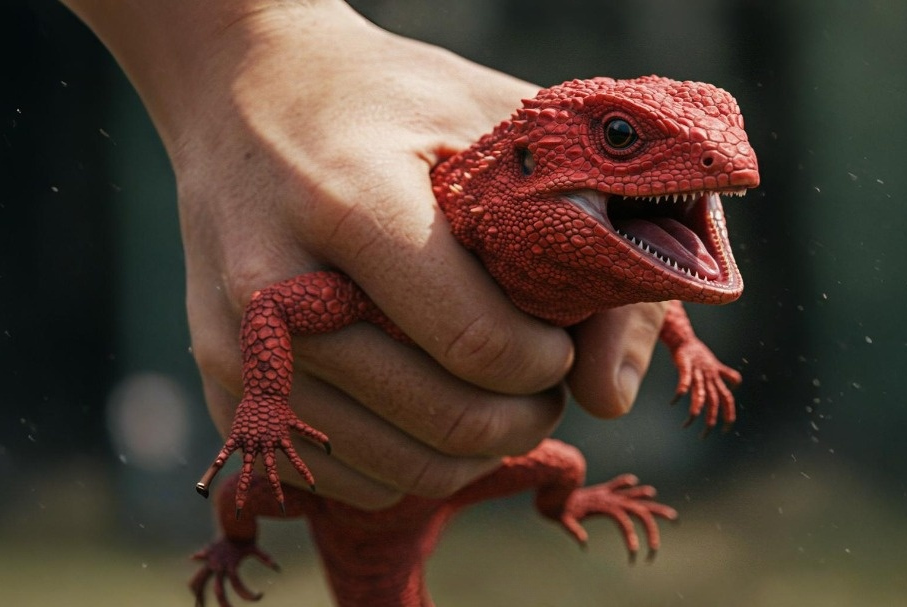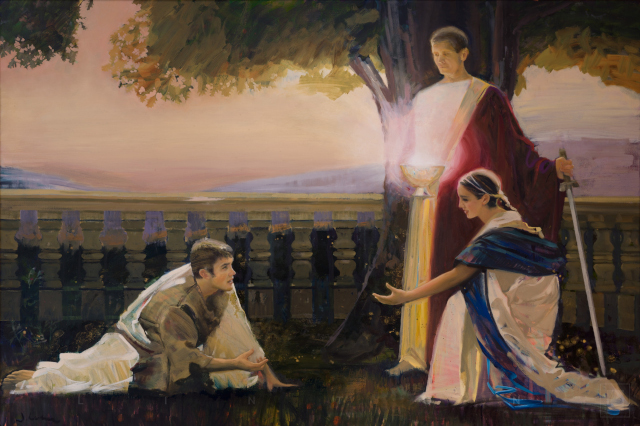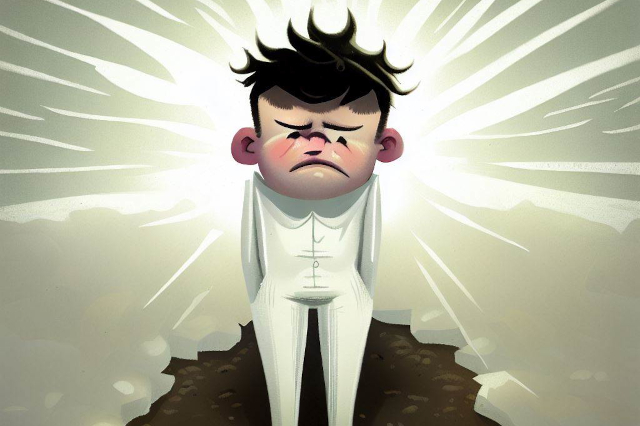
They fell that we might be
I was sitting at a crowded airport gate a few days ago, planning out episode 9 of my podcast*. This episode is all about the fall of Adam and Eve. As I researched, I fell on that familiar verse from the Book of Mormon:
Adam fell that men might be; and men are, that they might have joy.
Yes, Adam fell that men might be. As a seminary student, I loved that verse because it was short and trivial to memorize. Whoever says you won’t use the scriptures you memorize in seminary is wrong. Even today I find myself using the “men are that they might have joy” line to justify grabbing “just one more” donut from the box.
But this time, it was opened up more to me. It became a lot more applicable. I wrote down a lot of my thoughts on the episode plan, so if you’re subscribed, you’ll hear some of it in that episode, but I want to go into more detail here.
The depth of the sacrifice
Think about what kind of life Adam was living in the Garden of Eden. “Paradisaical” is the scriptural phrase. What do we know about it? First, he was immortal. Nice, what else? He apparently had regular if not continual access to the presence of God. Nice. What else? He was innocent, like a child. Boy, wouldn’t we love to be able to say that we were more innocent sometimes? He had a perfect body. No aches, no pains, no sicknesses, no “spare tire.” And he was not alone— he was in this beautiful immortal paradise, with the love of his life, and they were both naked. No traffic, no work, no children pulling each other’s hair out and having screaming competitions.
Sounds like a pretty good gig to me.
And then we know what happened. Eve decided it was time to get things started. Let me put myself in Adam’s situation. If my wife came to me in this paradise garden and said “Hey, let’s leave this paradise, get dressed, have kids, work every day, and then die,” I think I know what I’d say: “Hm, you know that sounds like the right thing to do. Eventually. Tell you what. The world isn’t going anywhere. We’re in no rush. I think it would be good to get some extra feedback from God before we go and break the only rule we’ve been given. Let’s think about it, stock up on sleep to prepare ourselves and maybe talk again in … I dunno… 400 years sound good?” Adam was valiant, though, so he didn’t say what I would have said.
So, Adam and Eve had a really good gig. I can’t imagine what it must have been like to consider leaving all that behind. And you wouldn’t be leaving for yourself or even for your wife. You’d be choosing to leave God’s presence and your life of luxury, spend the rest of your life slaving away, only to die for the sake of children and grandchildren and nameless, faceless others you’ll never even met and who may never even know your name. And who knows if you’ll be successful or not? You are the first man in the world. This has never been done before.
Leaping into the void
And to make things potentially more difficult, there is nothing I can find in latter-day scripture that indicates that Adam and Eve had been clearly taught about the plan of salvation during their time in the garden. In fact, the Temple seems to indicate that they only fully learned that a Savior would be provided after they had partaken of the fruit.
I know that a lot of you are calling foul on me right about now. And you’re right—that’s all conjecture on my part. We don’t know how literal the scriptures are about all of that and it’s very possible that they had some extra recollection from behind the veil or received extra instruction beyond what’s recorded. All I’m saying is that from what I have read, it seems that when Adam and Eve chose to fall “that man may be,” they were effectively leaping into the dark void without the reassuring promise of a safety net—without the consolation of knowing that they would ever live again. I would guess they had a feeling that God probably had a plan and that it would all work out in the end somehow, but still, choosing to fall was an act of incredible faith.
Others who fall
I call the last section of each episode my “therefore what?” section. I talk about how the topic relates to our everyday lives and what we can take away from it. In discussing the fall, I thought to myself, “OK, but Adam was special. Just as Christ was the only one who could rise and lift us out of the world, Adam was the only one called to fall and bring us down into the world in the first place. We can’t really follow in that example. That’s 100% unique.”
When I thought this, in my mind’s eye I suddenly saw a tombstone. The tombstone of a soldier killed in battle. A soldier also named Adam. And on the tombstone the same words: “Adam fell that men might be.” It was then that I realized, the choice to fall was not a one-time event that only Adam and Eve could bring about. Brave men and women everywhere “fall” that we might be all the time.
Not just soldiers, either. Adam didn’t just die so we could live— he lived in a fallen world so we could live. He gave up paradise. He gave up immortality. He accepted hunger, sickness, fatigue, injustice, and everything else mortality could throw at him so that we could live as well. He chose to live in conditions far below what he wanted so that we can be born. That’s an example we all can follow.
I think of mothers who give up their professions, social opportunities, and even their very bodies to allow children to come into the world.
I think of immigrants who leave their native countries and professions to battle a grueling mess of paperwork and lines so they can immigrate to the United States with their children, often working 80-hour weeks for minimum wage the rest of their lives— not so they can enjoy life, but so their children after them can have the rich opportunities of growing up in the country with the most opportunity on earth.
I think of parents like Elder Holland’s parents, who did what so many parents would do for their children. He recounted his return home from his mission to find that his father and mother had secretly paid for his whole mission, leaving his funds in his bank account the whole time so he could use that money to get started in life when he got back. He described their sacrifice:
My dad, a self-educated accountant, a “bookkeeper” as they were called in our little town, with very few clients, probably never wore a new suit or a new shirt or a new pair of shoes for two years so his son could have all of those for his mission. Furthermore, what I did not know but then came to know was that my mother, who had never worked out of the home in her married life, took a job at a local department store so that my mission expenses could be met. And not one word of that was ever conveyed to me on my mission. Not a single word was said regarding any of it. How many fathers in this Church have done exactly what my father did? And how many mothers, in these difficult economic times, are still doing what my mother did? …
To you, Mom and Dad, and to all the moms and dads and families and faithful people everywhere, I thank you for sacrificing for your children (and for other people’s children!), for wanting so much to give them advantages you never had, for wanting so much to give them the happiest life you could provide.
Such angelic people follow Adam and Eve’s example. They may not sacrifice their lives, but they do sacrifice their lifestyles in order to bless those who come after.
Most Abrahamic religions largely believe Adam and Eve really messed everything up by their choice (“you had one job!”). But we are unique in that we are grateful to Adam and Eve for their decision to fall. They chose to fall without, perhaps, the assurance that there would be someone to catch them on the other side. They chose to fall as an act of faith. They chose to fall for us. And the least we can do is look for opportunities once in a while to take a fall for someone else.


